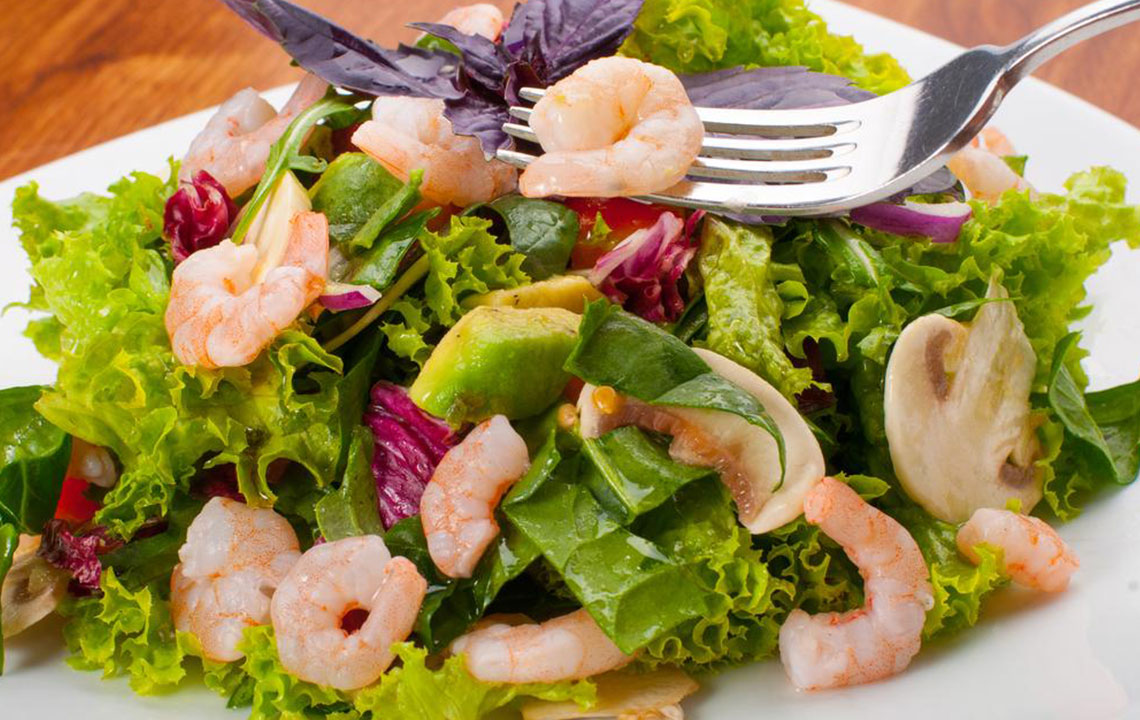Comprehensive Guide to Preventing Acid Reflux Through Diet and Lifestyle Changes
This comprehensive guide explores effective dietary and lifestyle strategies to prevent acid reflux. It covers foods that soothe the digestive system, habits to avoid, medication options, and symptom recognition to manage and prevent gastroesophageal reflux disease (GERD). Implementing these tips can greatly improve digestive health and quality of life.

Comprehensive Strategies and Dietary Recommendations to Prevent Acid Reflux
Acid reflux, commonly known as gastroesophageal reflux disease (GERD) when chronic, is a widespread digestive disorder characterized by the backward flow of stomach acid into the esophagus. This condition leads to a burning sensation in the chest, often referred to as heartburn, and can significantly diminish quality of life if not properly managed. Many individuals experience occasional reflux, but persistent symptoms occurring more than twice weekly merit medical attention and lifestyle adjustments to prevent potential health complications.
Understanding the underlying mechanisms of acid reflux is essential for effective prevention and management. The stomach is equipped with a robust lining that can withstand acidic gastric juices; in contrast, the esophagus lacks this protective barrier, making it more susceptible to irritation and damage caused by acid. Therefore, dietary choices and lifestyle habits play crucial roles in minimizing reflux episodes.
In recent years, there has been an increased market availability of reflux-friendly foods and supplements aimed at alleviating symptoms. Nevertheless, avoidance of trigger foods remains fundamental. This article offers an in-depth exploration of dietary modifications, lifestyle habits, medical treatments, and symptom recognition strategies to help you control acid reflux effectively and improve your overall digestive health.
Foods That Naturally Reduce Acid Reflux Symptoms
Integrating specific foods into your daily diet can significantly reduce the frequency and severity of acid reflux episodes. These foods are recognized for their soothing properties and ability to promote healthy digestion:
Oatmeal: A nutritious breakfast choice, oats are gentle on the stomach and help absorb stomach acid, preventing reflux.
Ginger: Known for its anti-inflammatory and digestive benefits, ginger can calm upset stomachs when consumed in moderation, such as fresh slices or tea.
Aloe Vera: Consumed as a juice, aloe vera has a soothing effect on the esophageal lining, easing irritation caused by acid reflux.
Celery: With high water content and natural fiber, celery supports digestion and reduces acidity.
Light Salads: Clear, vegetable-based salads are easy to digest and less likely to trigger reflux compared to heavy or greasy meals.
Bananas: Slightly acidic but generally gentle on the stomach, bananas help soothe the esophagus and can be part of a reflux-friendly diet.
Melons: Fruits like cantaloupe and honeydew, with a higher pH of around 6.1, are gentle and soothing for the digestive system.
Fish: Lean, non-fried fish prepared by boiling, grilling, or baking can be good protein sources that do not aggravate reflux.
Fennel: This aromatic vegetable with a pH of 6.9 enhances stomach function and reduces acidity, making it beneficial for reflux sufferers.
Lean Poultry: Skinless chicken and turkey cooked without frying are safer protein options that are less likely to cause reflux symptoms.
Foods and Habits to Limit or Avoid for Reflux Prevention
To prevent reflux episodes, it is equally important to avoid foods and habits that trigger acid production or relax the lower esophageal sphincter (LES), allowing stomach acid to escape into the esophagus. Adopting a lighter diet with smaller, more frequent meals can help manage symptoms effectively. Here are key foods and behaviors to limit or avoid:
Caffeinated beverages such as coffee, tea, and energy drinks
Lying down immediately after meals, which impairs digestion and encourages reflux
Alcohol consumption, which relaxes the LES and irritates the esophageal lining
Excessive salt intake, which can increase acidity and bloating
Chocolates, due to their high fat and sugar content and potential to relax the LES
Low-fiber, greasy, or fried foods that delay stomach emptying and increase reflux risk
Large meals, which overload the stomach and heighten pressure on the LES
Carbonated drinks that introduce gas and increase abdominal pressure
Citrus fruits such as oranges, lemons, grapefruit, and tomato-based products, which are highly acidic
Mint, known to relax the LES and exacerbate reflux symptoms
Garlic and onions, which can trigger reflux in sensitive individuals
High-fat foods such as fried foods, rich desserts, and fatty cuts of meat
Medical Options for Heartburn Relief
For persistent or severe acid reflux, several medical treatments are available to alleviate symptoms and prevent complications. It is essential to consult a healthcare professional to determine the most appropriate therapy. Common medication options include:
H2 Receptor Blockers: Medications like ranitidine and famotidine decrease acid production and provide relief from heartburn.
Antacids: Over-the-counter remedies such as Tums, Maalox, or Mylanta neutralize stomach acid temporarily.
Proton Pump Inhibitors (PPIs): Drugs like omeprazole, rabeprazole, and esomeprazole offer long-term acid suppression, effectively managing frequent reflux.
Alginate-based Medications: Gaviscon forms a foam barrier on top of stomach contents, preventing reflux episodes.
Lifestyle Changes to Minimize Reflux Incidents
In addition to modifying diet, certain lifestyle habits can significantly reduce acid reflux episodes and improve overall digestive health:
Wearing loose, comfortable clothing that does not compress the abdomen
Maintaining a healthy weight through balanced diet and regular exercise
Practicing good posture by sitting and standing straight to reduce abdominal pressure
Engaging in core-strengthening exercises to support the stomach and esophageal region
Avoiding smoking, which weakens the LES and impairs digestion
Refraining from tight-fitting clothes that exert pressure on the stomach
Identifying GERD Symptoms for Early Intervention
Knowing the symptoms of GERD can help you seek timely medical advice and prevent complications. Typical signs include:
Frequent dry cough and sore throat
Nausea and vomiting
Shortness of breath, wheezing, or asthma exacerbation
Dental erosion due to acid exposure
Persistent hoarseness or laryngitis
Difficulty swallowing and chest discomfort
Upper abdominal pain or discomfort
Foul breath or halitosis
Understanding these signs can prompt early intervention, reducing the risk of esophageal damage and other health issues related to chronic reflux.





